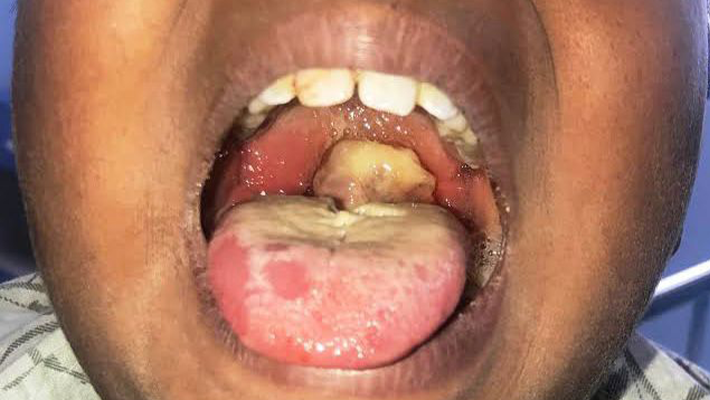[ad_1]
The United Nations Children’s Fund (UNICEF) has deployed 9.3 million doses of diphtheria vaccines to affected states to support the federal government to help combat the outbreak.
A statement issued on Wednesday in Abuja by UNICEF’s communication assistant, Nchekwube Nwosu-Igbo, said a crucial part of the support includes procuring vaccines to support the government’s response.
“So far, on behalf of the government, UNICEF has deployed 9.3 million doses of diphtheria vaccines to affected states, including Kano, Bauchi, Borno, Yobe, Katsina, Kaduna and Jigawa.
“Of these, four million doses have been dispatched to Kano, the epicentre of the outbreak; another four million doses of vaccines are being procured and will be handed over to the government in the coming weeks,” it said.
It also said that to respond effectively to the outbreak, UNICEF Nigeria needs to raise an additional $3.3 million by the end of the year.
The organisation said the outbreak is the most severe diphtheria outbreak in recent global history and was “sounding the alarm about the urgent need for widespread vaccination”.
It added that the outbreak had resulted in over 11,500 suspected cases and more than 7,000 confirmed cases and claimed the lives of 453 people, mostly children.
It also said most cases are children between four and 15 years who have not received even a single dose of the vital vaccine, laying bare the urgency of the vaccination situation in Nigeria.
In the statement, UNICEF Representative Rownak Khan said that “the devastating impact of this diphtheria outbreak is a grim reminder of the importance of vaccination.”
“Nigeria is home to a staggering 2.2 million children who have not received even a single dose of vaccine, the second largest such cohort in the world.
“We must collectively take urgent actions to drastically reduce this number. Every child deserves protection from preventable diseases. This is not negotiable,” Mr Khan said.
The organisation, however, called on partners, stakeholders and the international community to rally together to ensure that every child in Nigeria is reached with life-saving vaccines.
Diphtheria is caused by a bacteria called Corynebacterium diphtheriae. The bacteria produce a toxin that causes severe damage to the respiratory system, heart, skin and other organs.
(NAN)
[ad_2]
Source link



